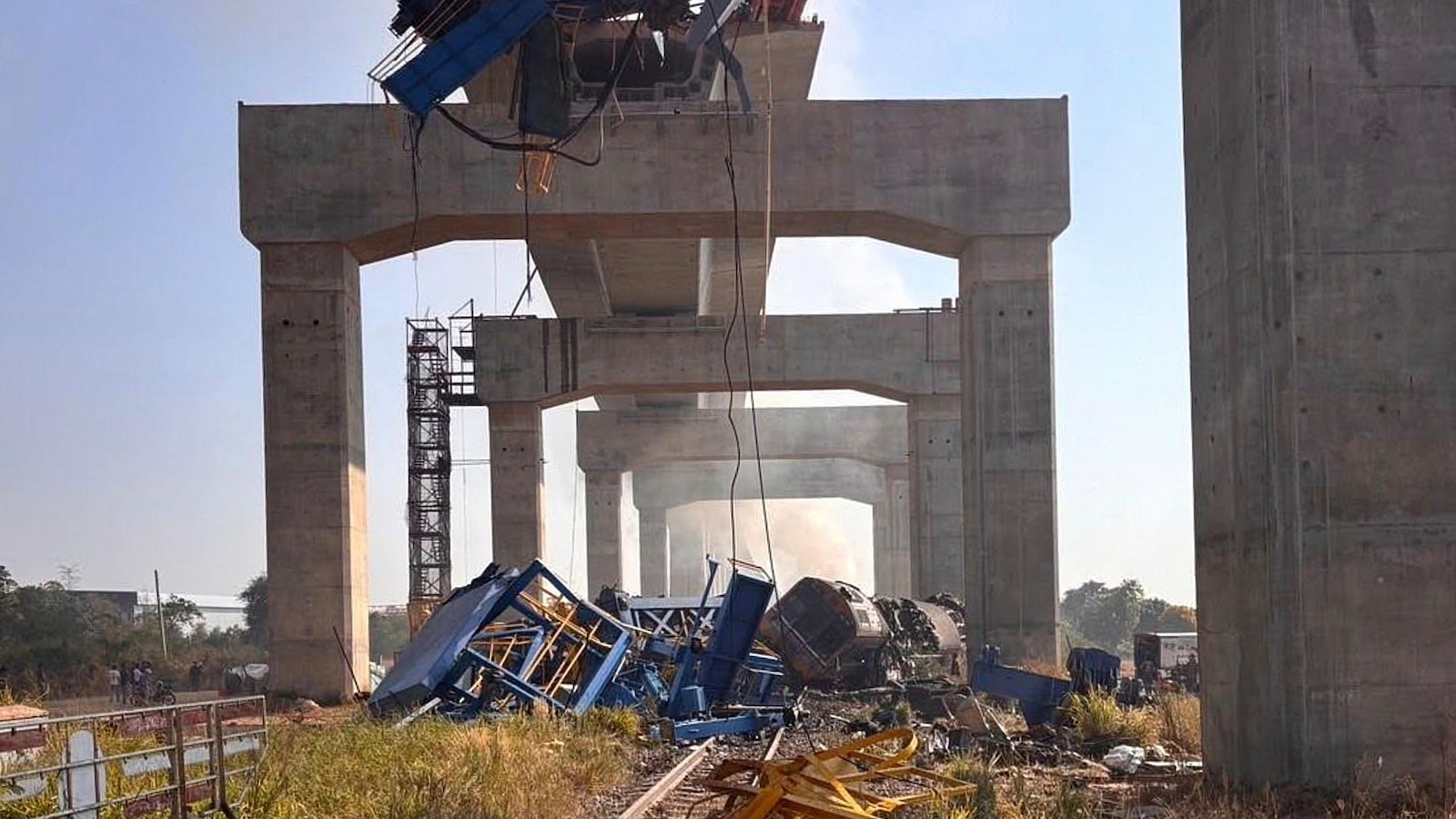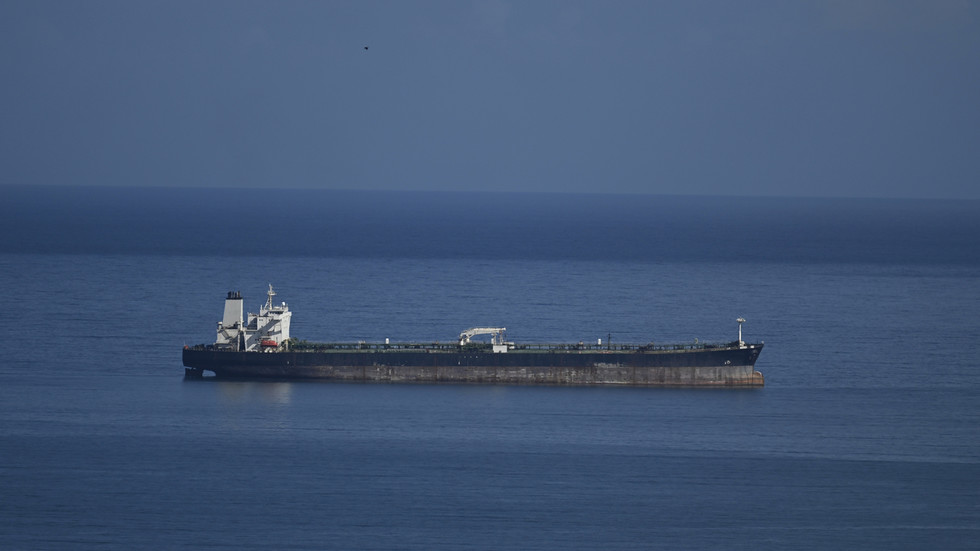Sudan’s Rapid Support Forces (RSF) are pushing hard to take Kordofan. In the sights of the paramilitary force – accused of committing grave human rights abuses during Sudan’s war – are the cities and towns of the vast central region, such as Babnusa and el-Obeid.
The momentum is currently with the RSF, which defeated their Sudanese Armed Forces (SAF) opponents in el-Fasher, in the western region of Darfur, last month, unleashing a tidal wave of violence where they killed at least 1,500 people and forced thousands more to flee.
Recommended Stories
list of 3 items- list 1 of 3Hundreds of children ‘terrified’ and alone after fleeing Sudan’s el-Fasher
- list 2 of 3Washington, DC, shooting: Does US view 77,000 Afghans as potential threats?
- list 3 of 3Full match schedule ahead of the FIFA Arab Cup 2025 in Qatar
SAF soldiers are still able to repel RSF fighters in West Kordofan’s Babnusa, a major transport junction connecting several parts of the country. But continuing to hold the city will be difficult for the SAF, and if it does fall, then the RSF will likely press forward towards North Kordofan’s el-Obeid, and a vital gateway towards the capital Khartoum.
The RSF were forced out of Khartoum in March, a time when the SAF seemed to be on the ascendancy in the more-than-two-year war.
But now the tables have turned, and having lost Darfur completely with the fall of el-Fasher, the SAF now risks losing Kordofan, too.
“The RSF has momentum, which they will carry on through with,” said Dallia Abdelmoniem, a Sudanese political analyst, who pointed out that an RSF ally, the SPLM-N, already controls the Nuba Mountains region of South Kordofan.
“Hemedti was never going to be satisfied with just controlling the Darfur region – he wants the whole country,” she said, using a nickname for Mohamed Hamdan Dagalo, the head of the RSF.
With the SAF overstretched and cut off from reliable arms procurement, Abdelmoniem believes that the balance of power is shifting. “The SAF is weakened unless they miraculously get their hands on weaponry equal, if not better, to what the RSF has.”
Ceasefire talks
It is notable that the RSF advances have taken place despite ongoing mediation efforts from the so-called “Quad” – Egypt, Saudi Arabia, the United Arab Emirates, and the United States – aimed at reaching an end to the fighting.
The head of the SAF, Abdel Fattah al-Burhan, last Sunday rejected a ceasefire agreement proposed by the Quad, saying that the deal benefitted the RSF. He also criticised the UAE’s involvement in the Quad, accusing it of supporting the RSF, a claim Abu Dhabi has long denied.
For its part, the RSF announced on Monday an apparently unilateral three-month ceasefire. However, since the announcement, the RSF has continued to attack Babnusa.
The Quad mediation efforts, which have included a push from US President Donald Trump, may perplexingly be the reason for the recent escalation in fighting.
“The pressure for a ceasefire coming from the Quad, including Egypt and Saudi Arabia, is pushing the SAF and the RSF to gain a territorial advantage as quickly as possible in case something shifts during the mediation,” said Kholood Khair, the founding director of Confluence Advisory. “Each side will always try to maximise its position before the talks.”
Khair points out that both sides had been amassing weapons over the summer rainy season, when conditions were more difficult for fighting. Now that conditions are dry, the weapons are being “put to use”, particularly as the RSF is emboldened following its victory in el-Fasher.
The strategic importance of Kordofan makes it an important prize, particularly if any ceasefire deal freezes the areas under the control of each side.
“[Kordofan’s] location makes it important to control due to its agricultural, livestock, and petroleum resources,” said Retired Lieutenant Colonel Omar Arbab. “The battle for Kordofan is not merely territorial – it is about controlling Sudan’s economic backbone.”
Arbab added that there is a military logic to the RSF’s push towards Babnusa, as it is the gateway linking their forces in Darfur to el-Obeid. “If the RSF controls it, they could pose a threat to el-Obeid – and certainly will attempt to besiege it.”
“They’ve been shelling it consistently for weeks. If they take it, then they will redeploy some of those troops toward el-Obeid,” said Khair. Should the city fall, she warned, the political shockwave will be enormous. “It’s a huge mercantile centre, a regional capital, and a major economic win. It also brings the RSF several steps closer to Khartoum.”
 [Al Jazeera]
[Al Jazeera]Potential partition
Beyond the battlefield, analysts warn that Kordofan’s escalation is intensifying the fault lines fragmenting Sudan’s political and ethnic map.
Khair pointed out that the fall of el-Fasher had cemented the territorial fragmentation of western Sudan, but added that there were also “dozens of armed groups”, either aligned to the SAF, the RSF, or independent, that each controlled their own fiefdoms.
For Khair, the real driver of Sudan’s disintegration is not territory but identity. “This war has become extremely ethnicised, by both the SAF and the RSF, so they can mobilise troops. Because of that, you now have a split of communities who believe their ethnic interests are served by the SAF, by the RSF, or by other groups.”
This ethnic competition, she said, is now steering the trajectory of the war more than military strategy. “There’s no singular Sudanese project right now – not intellectually, militarily, politically, or economically – and that is catalysing fragmentation.”
Abdelmoniem, however, warns that some within the SAF may be willing to accept fragmentation. “Undoubtedly, there are elements within the SAF who would be more than happy for further fragmentation of the country so they can continue to rule over the Arab Sudanese side,” she said. “Losing Darfur is not an issue, and they’re willing to forgo the alliance with the joint forces over it,” she added, referring to former rebel groups largely based in Darfur and allied to the SAF.
Many Sudanese in Darfur are non-Arab, and have been targeted in particular by RSF attacks.
But any approach that abandons Darfur, Abdelmoniem believes, is unsustainable. “Without the joint forces and other groups under their political-military umbrella, they cannot win. And how do you contend with public opinion when the Sudanese people will view the SAF as the entity that lost or broke up the country?”
Arbab takes a more cautious view. While he acknowledges the reality of de facto breakage, he believes formal partition is unlikely. “Division is not currently on the table,” Arbab said, “because the structure of alliances on both sides requires a political project encompassing all of Sudan. Social complexities and the diversity of actors make such an option extremely difficult.”
Humanitarian fallout
As the front lines expand, Korodofan now faces the prospect of a humanitarian disaster on the scale seen in Darfur. Abdelmoniem drew a direct parallel to the warnings issued before the fall of el-Fasher. “The atrocities committed will be on a different scale,” she cautioned. “We might not get the video uploads like before, but the crimes will be committed.”
Abdemoniem said international inaction has emboldened all armed actors. “That sense of impunity prevails and will only increase the longer the international community is content with releasing statements and not doing much else.”
Arbab echoed that concern. Global attention, he said, was focused on el-Fasher because the violence there contained “elements of ethnic cleansing and crimes against humanity”. But Kordofan’s dynamics differ. In Babnusa, SAF and RSF forces come from the same overlapping tribal and ethnic communities, making the violence distinct from Darfur’s ethnic massacres. Yet the risks remain profound: reprisal killings, sieges, and mass displacement.
Khair warned that humanitarian access to Kordofan is already near impossible. “I don’t see SAF granting access, and I don’t see the RSF granting access into areas they control,” she said. Unlike Darfur, Kordofan lacks open borders where aid could be routed. “Access issues become even more heightened when you’re away from an international border.”

 1 month ago
14
1 month ago
14










 English (US) ·
English (US) ·